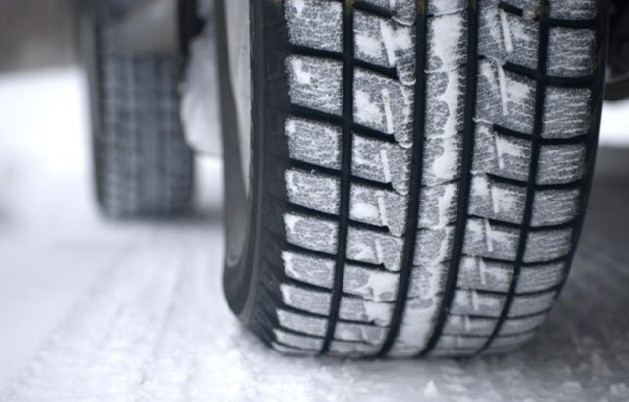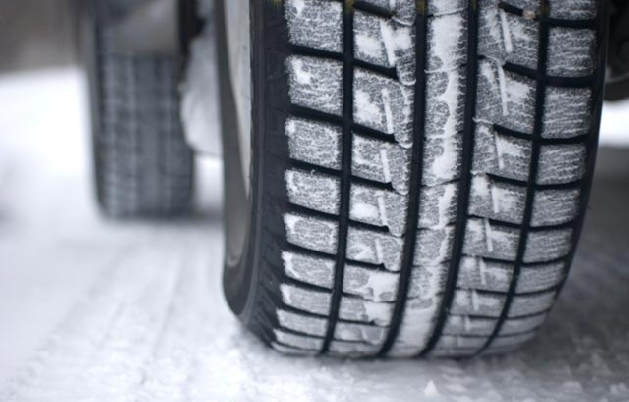
With winter upon us, tire safety in cold weather is something every car owner should be familiar with. Most drivers concentrate on tire safety in hot weather to avoid blowouts, but the same precautions should be exercised in the winter. One of the most effective ways to be safe on the road is to use a winter tire specially designed for cold weather.
Common all-season tires contain a tread compound that gradually hardens when temperatures dip below 45 degrees, resulting in a decrease in traction. These tires also tend to collect winter road debris, like snow and ice, which can impact a vehicle’s performance on wintry roads.
Mark Ballard, spokesman for Discount Tire Company, America’s largest independent tire and wheel retailer, advises motorists to replace all four tires with winter tires if they can expect to encounter snow and ice during the winter months. “It’s best to use winter tires, especially if you live in an area with extreme weather conditions where temperatures are below 45 degrees on a consistent basis,” he explains. “Relying on an all-season tire to do the work of a winter tire can be dangerous to you and other motorists.”
In recent years, the Rubber Manufacturers Association (www.rma.org) developed new standards for winter traction, which led to technological advancements in the manufacture of winter tires. For example, a newer tread compound featuring a higher sillica content retains tire flexibility even in freezing temperatures, allowing the tread to maintain its grip with the highway.
Also, tread block design has been greatly improved with the addition of thousands of “sipes,” small cuts in the tread block that provide extra biting edges for more traction.
“Every aspect of today’s winter tire has been engineered to provide better traction and greater ability to quickly expel water, slush and snow, provide a quieter ride and allow for longer tread life,” says Ballard.
Winter tires tend to be slightly more expensive than all-season ones. But like all tires, winter tires perform optimally when properly inflated. Remember that a significant drop in temperature can lower air pressure. Typically, a 10-degree drop will cause tires to lose a pound of pressure.
To learn more about winter tire safety, visit www.tires.com.



